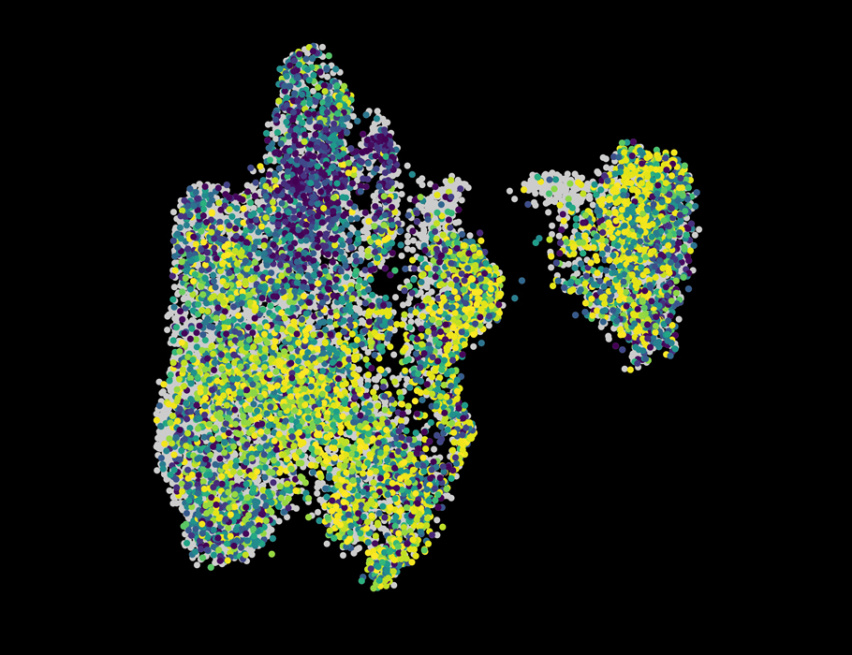
MIT Koch Institute
September 13, 2024
Immune checkpoint blockade (ICB) therapy can effectively treat some patients by enhancing T cell response to cancer—but it doesn't work for everyone. New research from Stefani Spranger, published in Science Immunology, points to the spleen as a critical site for reinvigorating anti-tumor immune response following ICB.
Analyzing gene expression in individual CD8+ killer T cells from tumors, draining lymph nodes, and spleens of mice treated with ICB therapy, Spranger and her team discovered a subpopulation of T cells in a state of "intermediate exhaustion" that were responsible for most IBC-induced immune responses. If this subpopulation of T cells encounters low levels of tumor antigens in the spleen, they produce descendants able to infiltrate tumors and effectively attack cancer cells after ICB therapy.
This work was supported in part by a fellowship from the Ludwig Center at MIT and performed by late Spranger lab member Brendan Horton.